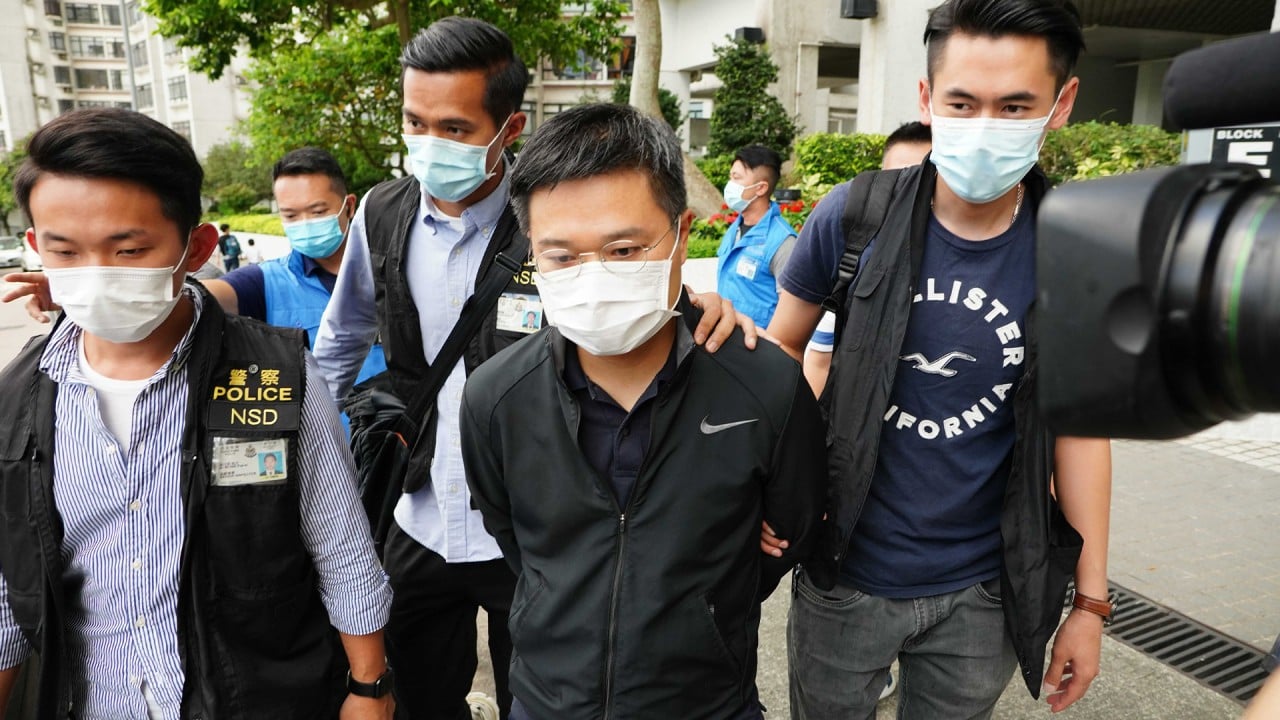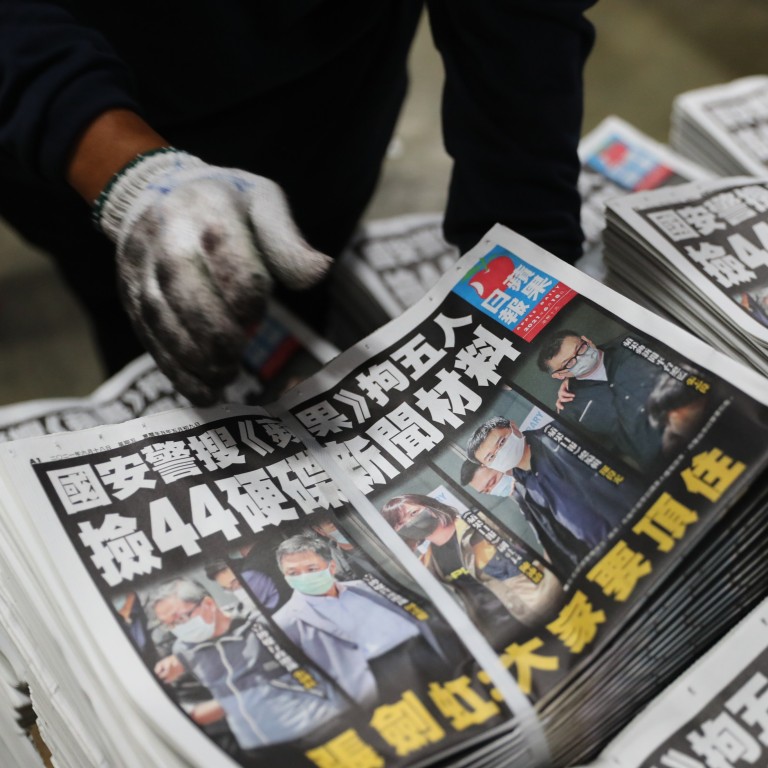
Spotlight on Hong Kong’s Apple Daily columns, as legal experts debate alleged national security law breach
- Maria Tam says newspaper owners and journalists have nothing to worry about if their reports and management of opinion pages are clear and balanced
- Post found 334 articles with keywords ‘foreign sanctions’ published since 2019 but it’s unclear what form of content amounts to crime under security legislation
Hong Kong’s Apple Daily has published at least 17 commentaries by founder Jimmy Lai Chee-ying since 2019, with at least four touching on foreign sanctions, a Post study has found.
The newspaper’s content is at the heart of the controversy over the latest national security body blow against the feisty tabloid.
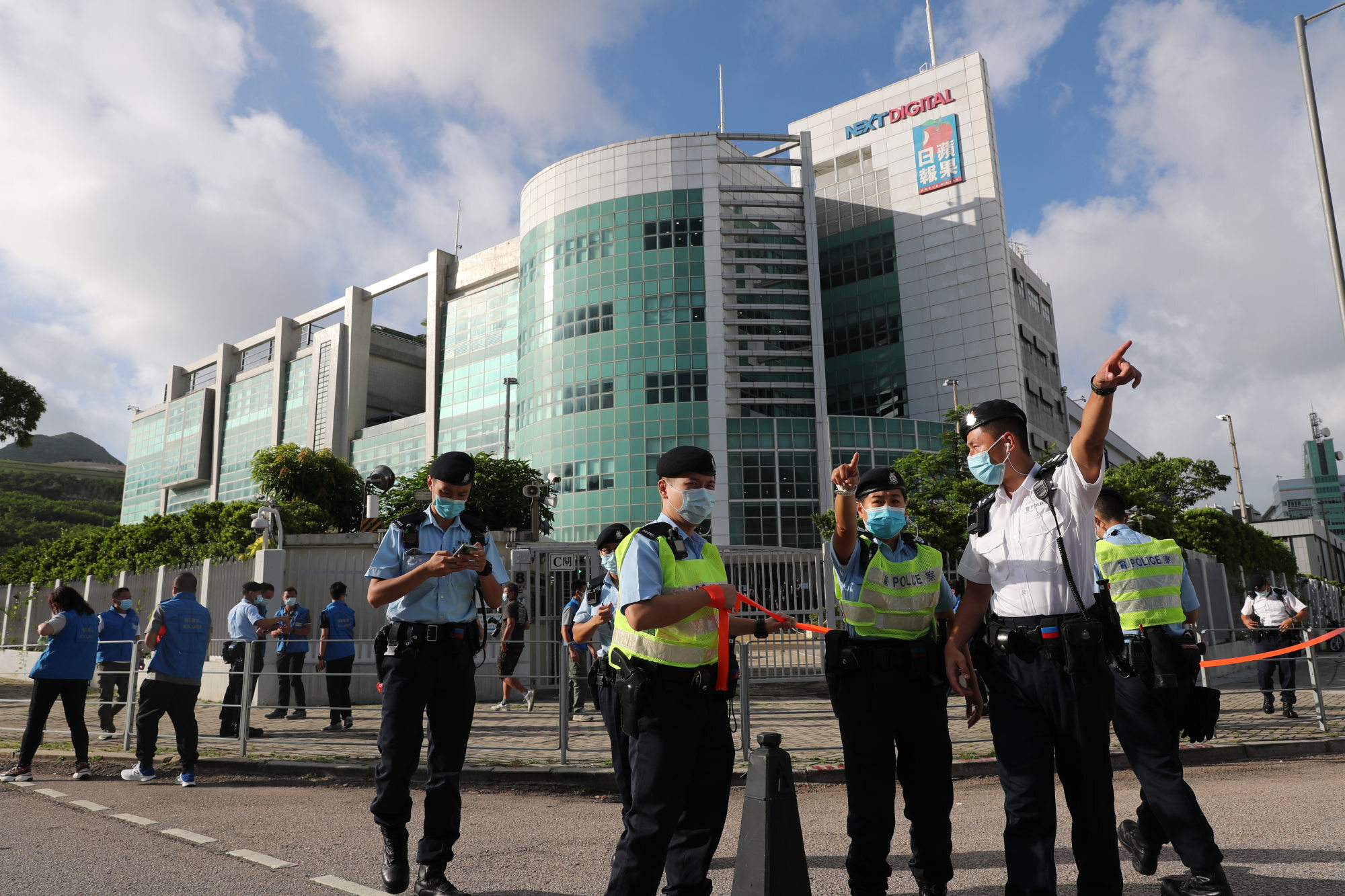
The force, however, did not reveal the list of the allegedly offending articles, despite repeated requests from the media, but a source told the Post they were mostly commentaries, with several written by Lai.
Executive councillor and adviser to the government Ronny Tong Ka-wah told a radio programme on Friday that police would eventually have to produce the articles as evidence in court.
Editor-in-chief Ryan Law Wai-kwong and publisher Cheung Kim-hung were charged on Friday with conspiring to collude with external elements and were due in court on Saturday morning. The other three were released pending further investigation.
A check by the Post found Apple Daily had published 334 articles with the keywords “foreign sanctions” since 2019, the year when police said their records of the paper’s reporting began. While Beijing introduced the national security law in June last year, authorities had warned they would also look at prior acts to show motives.
Most articles were mostly news reports, for instance, detailing American sanctions which have since been imposed on certain Hong Kong and Chinese officials, although some also quoted activists in exile calling for such measures.
Some 139 of the articles were commentaries on foreign sanctions. At least four were written by Lai, who is currently facing one count of colluding with foreign forces and another conspiracy charge of the same nature.
The four articles steered clear of calling for foreign sanctions directly. Instead, Lai argued that sanctions could be anticipated because of China’s increasing crackdown on Hong Kong and growing aggression on the global stage.
In one of the pieces, the 73-year-old, who is currently serving jail terms for other unlawful assembly convictions, suggested that Beijing’s move to impose the national security law in Hong Kong had made it a target of other countries.
Joe Biden administration condemns Hong Kong’s arrest of Apple Daily executives
“Western countries such as the United States have responded strongly and are set to impose sanctions and penalising measures,” he wrote, in one of the commentaries published in July last year.
“China will hit rock bottom as far as its external relations and trade are concerned, more serious than the June 4 crackdown.”
In another piece last November, Lai suggested Chinese President Xi Jinping had made a strategic mistake to impose the security law, “undermining Hong Kong’s status as an international hub and sparking the US sanctions on China’s technology and [semiconductor] chips development”.
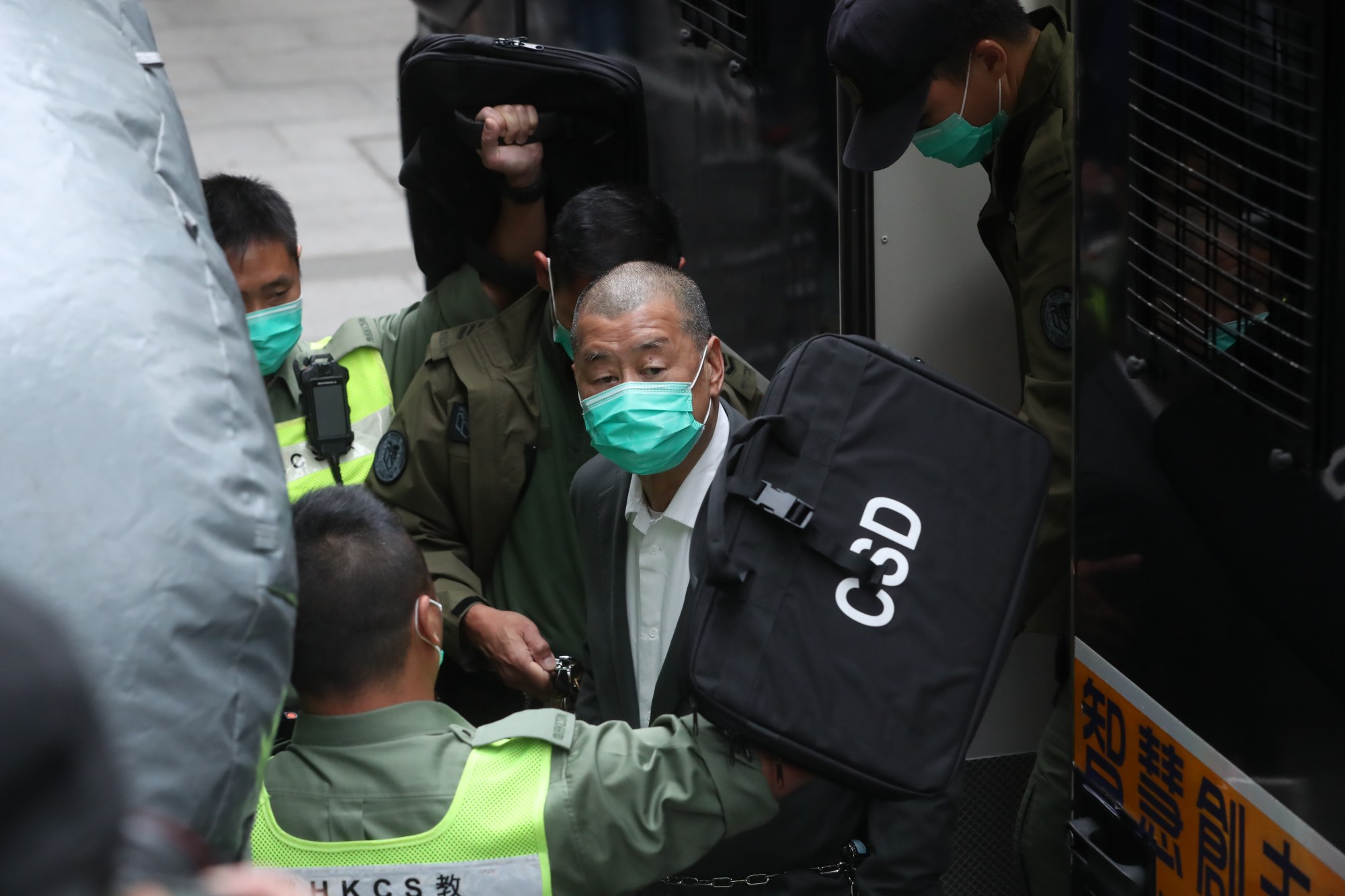
In a commentary published on July 18, a columnist, using the pen name jat gim piu can, said the Hong Kong Autonomy Act passed by the US last year, which imposes sanctions against foreign individuals and banks for their role in the erosion of the city’s autonomy, contained many options to target local officials, including Chief Executive Carrie Lam Cheng Yuet-ngor.
Legal scholar Simon Young Ngai-man, who specialises in national security law at the University of Hong Kong, referred to Article 29, which makes those who “request” foreign countries or entities to impose sanctions guilty of an offence.
The section required a “restrictive interpretation” that “request” should mean communications with the foreign country. As such, he argued, commentaries could not be equated with communication.
“Given the severity of the offence, I believe there are good grounds to support this restrictive interpretation. Otherwise, if a wide interpretation is adopted then someone who sends the request into outer space could still be guilty of the offence, which would not make a lot of sense,” he said.
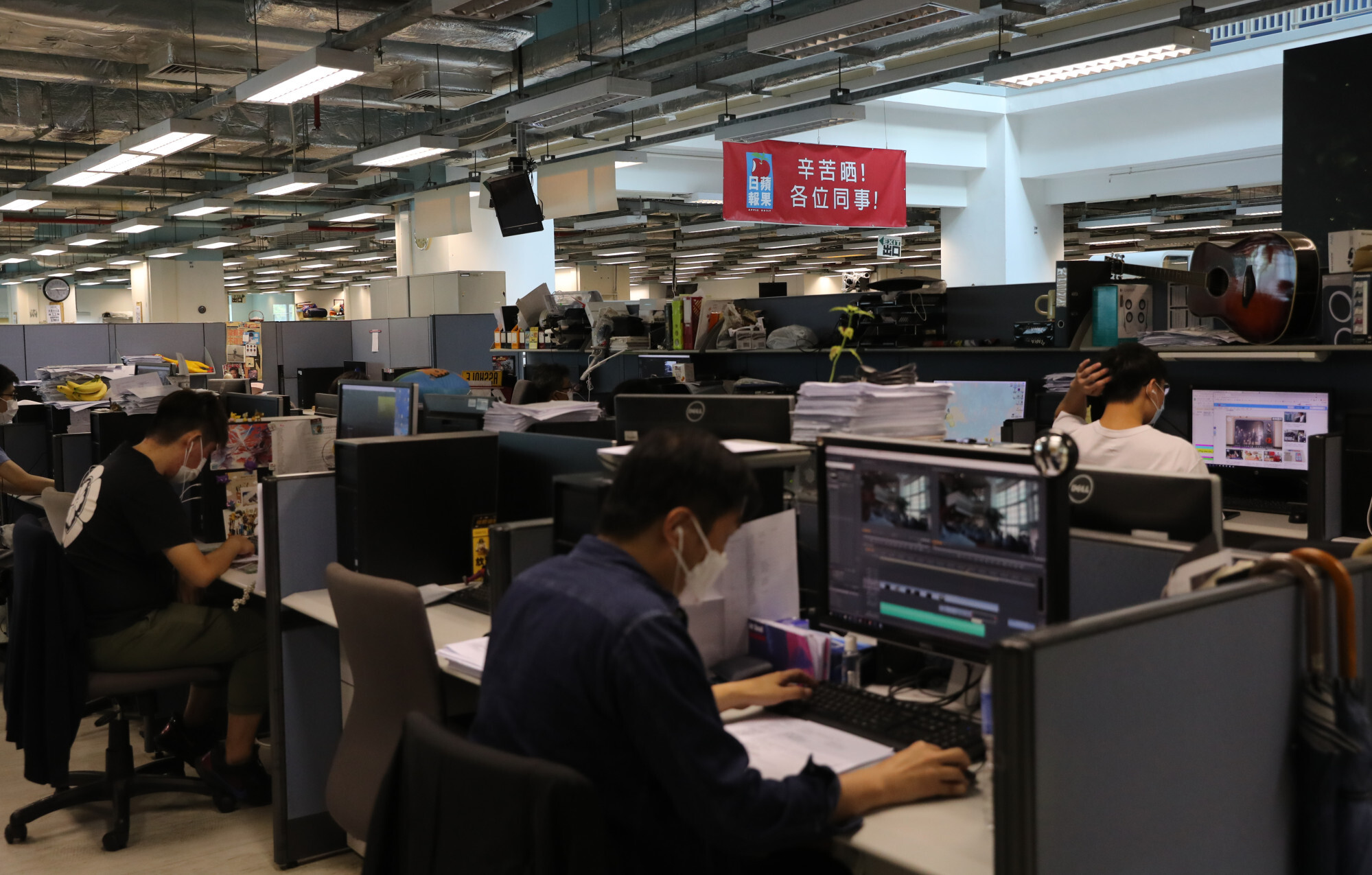
Sharron Fast, deputy director of the University of Hong Kong’s journalism master’s programme, said police’s reluctance to provide clearer guidelines had also posed a challenge for press outlets.
“The government and police have repeatedly sidestepped the issue of what might amount to an offence – and this is to the great detriment of both press freedom and the rule of law,” she said.
Pro-establishment heavyweight Maria Tam Wai-chu, vice-chairwoman of the Basic Law Committee, which advises China’s top legislative body the National People’s Congress Standing Committee (NPCSC) on the city’s mini-constitution, said newspaper owners and journalists had nothing to worry about if their reports and the management of their opinion pages were clear and balanced.
“Normally what happens is [that] the editor would put a disclaimer to say that this is not the view, or the stance of the newspaper,” she said.
“It will help if you run [a commentary] with a disclaimer. It would even be better if you publish views from the opposite side to make sure that you have balanced reporting.”
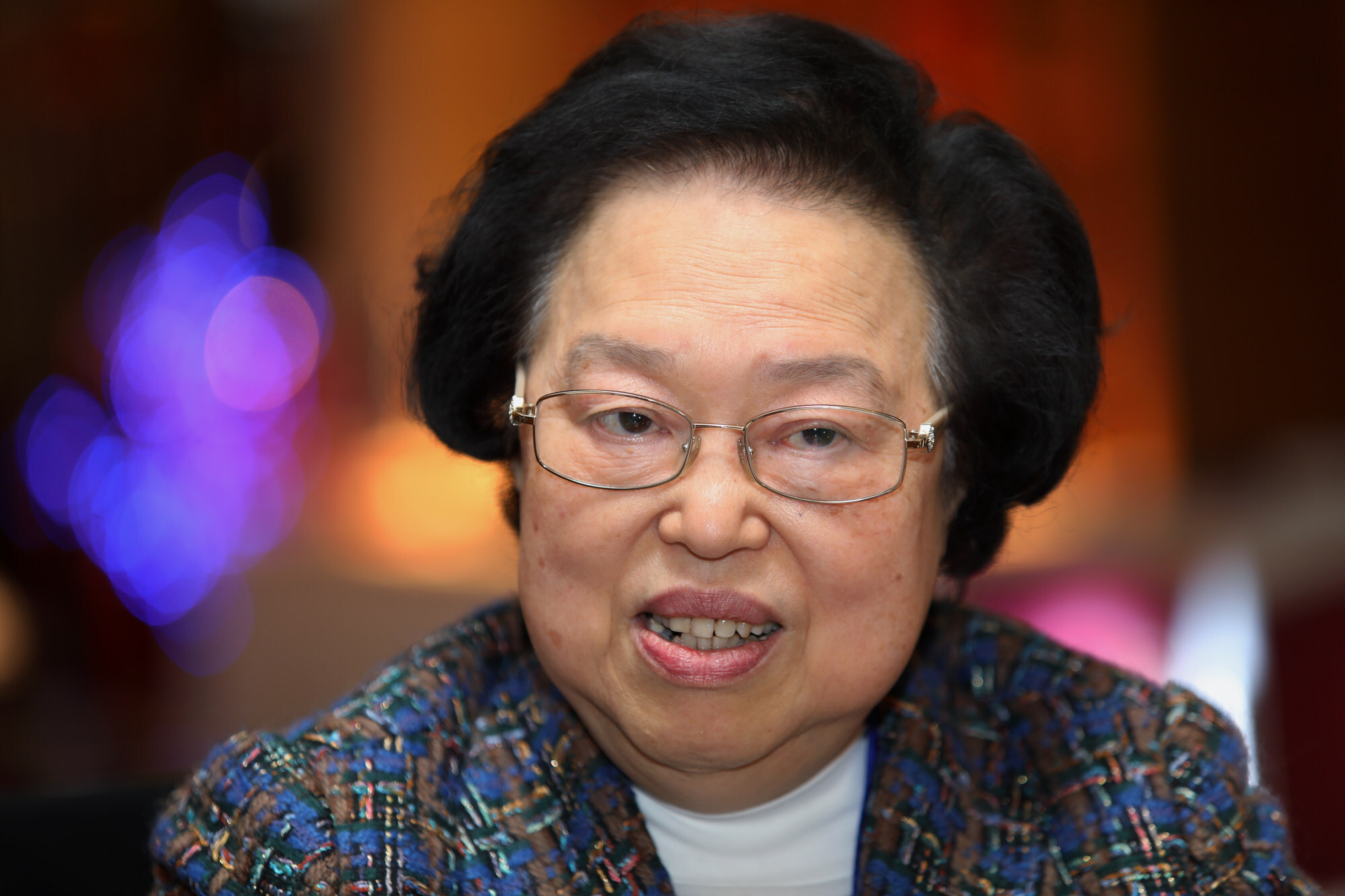
Tam argued that under Article 19 of the International Covenant on Civil and Political Rights, freedom of expression might be subject to certain restrictions, such as for the protection of national security, public order, public health or morals.
But Fast, from HKU, disagreed, saying that simply running ‘point-counterpoint’ articles alongside one another would not lessen the risk of potential prosecution if the authorities adopted a broad interpretation of the national security law.
Three Apple Daily executives released on bail, publisher, editor-in-chief charged
Tam said the press should have nothing to fear as long as media agencies were not malicious and reported fairly. “Freedom of expression and freedom of the press has to be exercised within the confines of the international covenant, and the laws of Hong Kong,” she said.
Another pro-establishment heavyweight Tam Yiu-chung, the city’s sole delegate to the NPCSC, stressed that the national security law applied to other citizens as it did to journalists.
“We have the national security law now. Do not challenge it or attempt to evade the requirement of the law thinking that you are a journalist,” he warned.
Additional reporting by Nadia Lam and Tony Cheung



